Fiji 7s Captain Jerry Tuwai takes the 4FJ pledge not to eat kawakawa and donu during breeding season.
SUVA, Fiji – A stunning 93 percent of the public surveyed support a proposed Fiji government ban on the fishing and sale of kawakawa and donu during their peak breeding months, according to a recent survey conducted in the Suva-Nausori corridor.
cChange, a communications NGO, conducted the survey to measure the support for the proposed ban and the effectiveness of the 4FJ campaign, which it created to support the Ministry of Fisheries to revive kawakawa and donu fisheries in Fiji. The survey was conducted in Suva, Nasinu, Nausori and Lami.
“This is an amazing level of support for the government’s plan to revive fish that are critical to meeting the food and income needs for Fiji’s communities,” said Scott Radway, founder of cChange. “This shows the people of Fiji are willing to come together to make a short-term sacrifice for long-term gain for the country.”
The 4FJ campaign was launched in 2014 to encourage people to voluntarily pledge to forego the fish during their peak breeding months, to give them space to breed and replenish Fiji’s reefs. Nearly 15,000 people have taken the 4FJ pledge to date.
Buoyed by the support for its campaign, the Ministry of Fisheries has proposed to legally ban the commercial fishing and sale of kawakawa and donu during their peak breeding months, June through September, starting this year. Fiji made the announcement as part of its voluntary commitments at the United Nations Ocean Conference, which it co-hosted in New York with Sweden last year in June.
“We want to ensure that these wonderful fish species continue to provide substantial benefits to coastal communities in Fiji,” said Fiji's Minister for the Ministry of Fisheries, Mr Semi Koroilavesau, during his address at the United Nations Ocean Conference in New York City.
The Fiji submission stated that kawakawa and donu, commonly called grouper, are particularly vulnerable because they gather predictably each year in the same spots to breed. Those sites are commonly fished heavily, leaving few fish behind to restock Fiji reefs. Of the known breeding sites in Fiji, 80 percent are declining or gone, the submission states.
The cChange survey also found that about two-thirds of the people surveyed thought kawakawa and donu are less available today, smaller and more expensive than they were a few years ago.
The survey found the campaign raised awareness around overfishing issues in Fiji, with 90 percent saying they were more supportive of fishing rules and regulations. The campaign also made 86 percent want to know more about what they can do to help, and 82 percent wonder what other fish are overfished.
The survey was conducted in October, 2017. cChange was supported in the design, implementation and analysis of the survey by Edge Research, a Washington, D.C.-based, market research firm with extensive experience in campaign evaluation.
cChange interviewed 252 adult respondents, at locations in Suva, and its suburbs, including a range of ages, gender, ethnicity and wards were surveyed to ensure a representative sample. The margin of error on the sample as a whole is +/- 6.2 percentage points at the 95% confidence level.

